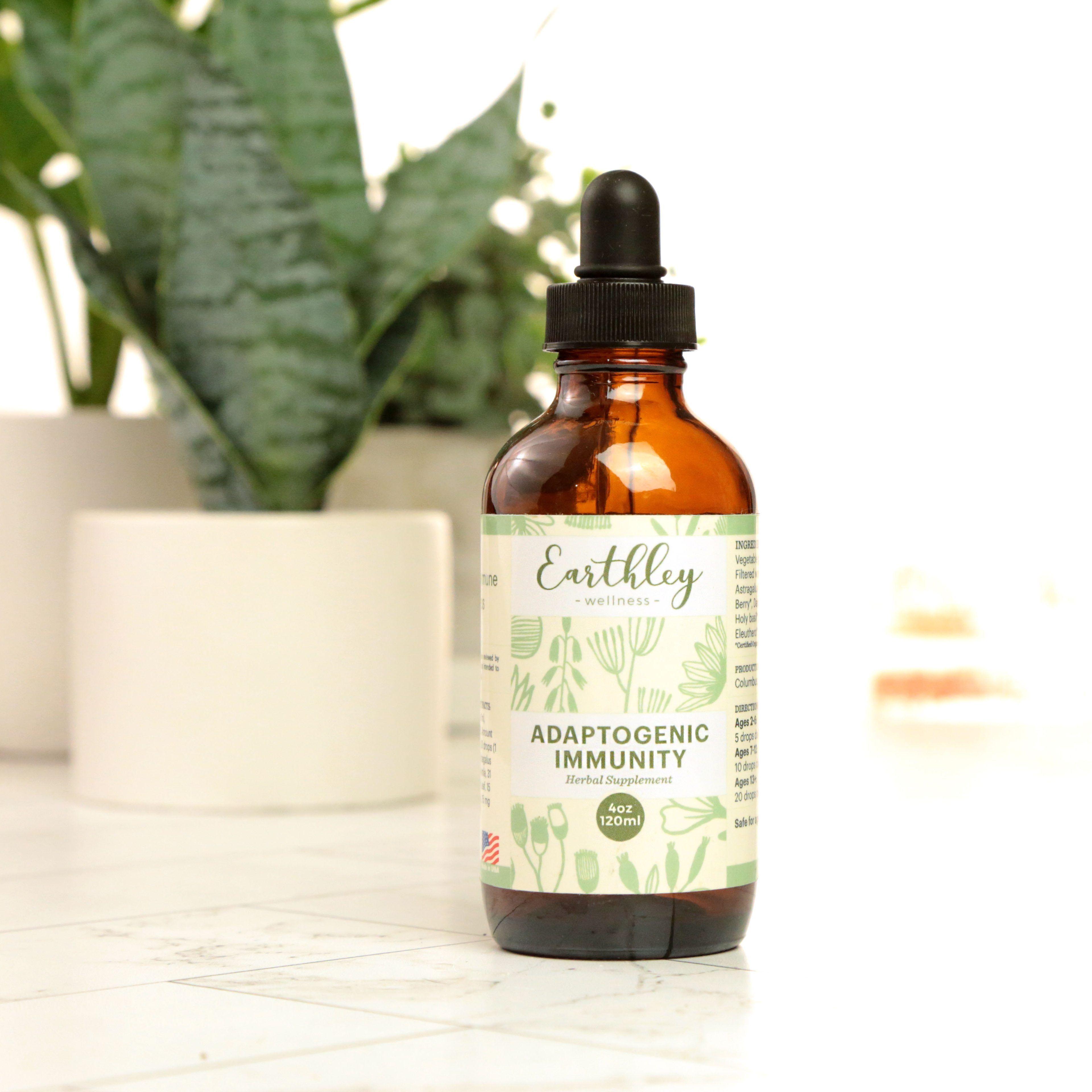Mommy Brain: What Is It and How Do you Help It?

Once you become a mom, there are roughly 4,389 more things to remember each day. After a quick breakfast, the day is off and running, and it’s a race to keep up sometimes. A quick run to the grocery store includes numerous bags just to leave home (and we’re not talking about the reusable bags), multiple stops in the driveway for what you forgot, and a mental list of everything you forgot – but that you’ll for sure remember next outing. Sure, there’s a lot to do and remember, but is the fabled mommy brain you hear about and experience first during pregnancy really real?
After the third time you “kept” your keys in the freezer and looked all over for your phone – using the phone’s flashlight – you may have started to wonder if there’s something to mommy brain.
Well, mama. You are not crazy, mommy brain is a real thing.
Mommy Brain: What Is It?
Lack of sleep, unbalanced hormones, a slew of new responsibilities all mess with our heads – and memories. On top of that, research proves that mommy brain is a real phenomenon.
A handful of studies have shown that hormonal changes in pregnancy not only alter a mother’s brain when she gives birth and raises her child – but that there are subtle hormonal changes that will accompany her the rest of her life. The majority of hormonal changes occur during late pregnancy when most women report the worst memory. The hormone estrogen is thought to sway the ability to verbally remember data the most.
How Do You Help It?
There are some simple life hacks you can do to help mommy brain. First, learn to say no to limit the amount of commitments you make. Sometimes, we simply overbook ourselves. Learn what your limits are, and do not feel guilty to say no to new commitments that do not meet your priorities.
Second, be realistic about the expectations you have for yourself. It’s OK to buy birthday decorations instead of Pinteresting them. Remind yourself that your body is going through major hormonal and other physical changes and that this is a time to enjoy your little ones and not volunteer for every PTA event coming at you.
Finally, there are numerous diet, lifestyle, and supplement changes you can add to improve your memory and mental stamina.
- Start with your good fats. Good fats, such as avocados, walnuts, flax seeds, and salmon, contain omega 3’s and DHA, which benefits memory retention greatly. Try adding avocados, salmon, and olive oil to your weekly meal plan. Add a flax seed or fish oil supplement to your daily regimen.
- Balance your hormones. During pregnancy, birth, postpartum, and breastfeeding, your hormones do a dance that would make the most talented flamenco dancers jealous. Though this is normal, you want to limit large fluctuations during those times, as well as ensure your hormones return to normal post-childbearing. Not sure where to start with your hormone journey? Take our Hormone Quiz!
After pregnancy, it’s possible that your hormones may struggle to get back to normal. Though a rebalancing period is typical, if it persists, you may need additional help to get your hormones back to healthy levels. You can have your hormones tested via a saliva test kit online. You may review the results yourself, or find a knowledgeable physician or naturopath to read the results and suggest supplementation.
Signs of hormone imbalance can include anxiety, depression and mood swings, heavy bleeding or breast tenderness, insomnia, and heavy weight gain. Of course, brain fogginess and forgetfulness is also a clue that your hormones are shifting or not at their normal levels.
The below foods, supplements, and lifestyle choices help to promote healthy hormone levels. Wiggle them into your weekly diet and exercise plan, as well!
- Limit caffeine and alcohol intake
- As a leaky gut can release food into the blood stream, confusing hormone levels, supporting your gut with probiotics and plant digestive enzymes is suggested
- Foods high in omega 3’s
- Adaptogen herbs, such a holy basil, mushroom teas, and ashwagandha (Try our Adatpogenic Immunity!)
- Supplement vitamin D, which supports the bodily systems that hormones manage
- Find time for 30 minutes of exercise 4-5 days per week
- Ensure that you get at least 8 hours of sleep per night
- Consider intermittent fasting to rev up your metabolism. Intermittent fasting, which is typically fasting from 12-16 hours per day, 1-2 days per week, allows your body to rest from digesting food continuously and locate latent toxins, while regenerating your cells. After the huge challenges pregnancy brings to the body, intermittent fasting can allow the overburdened body to refresh and reset.
- To try out fasting, eat an early dinner the night before your fast of soup and salad. Do not consume your breakfast until 12-16 hours after your dinner meal. Consume warm water or teas throughout the fast period. You can fast one day per year, or try up to two days per week over the course of a few weeks. Many intermittently fast for a week during the change of seasons to refresh their bodies for the upcoming seasonal changes. You may feel tired at first, but after a few fasts, you should feel rejuvenated after each fast.
*Do not complete any fast while breastfeeding or pregnant. Do not fast if you use blood thinners or any medications for diabetes.
Motherhood is not an easy time. Let’s collectively sigh at the amount of times we have had to warm our coffees (for the fifth time), or wash feces off of places we didn’t know it could even get to. Give yourself a break, cut out commitments that are not necessary, and balance your hormones with a healthy lifestyle and diet to give you the best chance at kicking mommy brain.
Some of our top recommendations:

For natural vitamin D

For daily stress and immune support

For hormone and energy support.

Mushroom-extracted whole-body support

To support healthy liver function


Full-spectrum CBD with synergistic herbs for total-body balance
